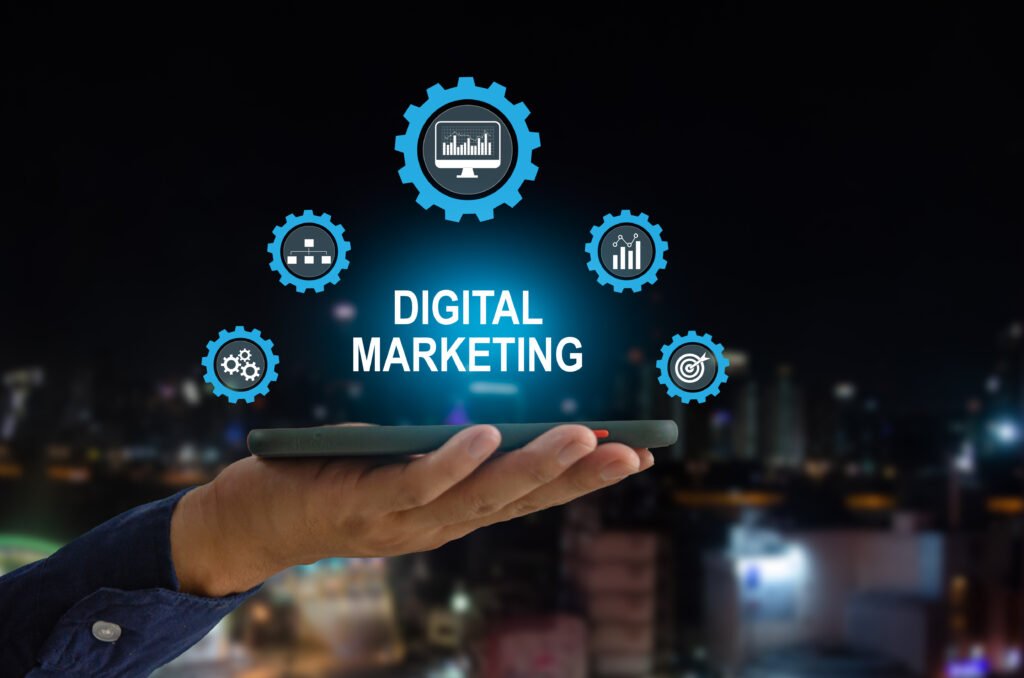How to Write a Perfect About Page for SEO

Crafting an About page that resonates with your audience while climbing the search engine ranks is key to harnessing your website’s full potential.
In this guide, we’ll explore the art and science behind tailoring an About page that captivates readers and pleases search engines. Whether you’re optimizing for keywords or weaving a compelling narrative, your About page is a powerful tool for building trust and authority in your niche.
So, how do you strike the perfect balance between informative and engaging content? Let’s dive into the essentials of about page SEO to ensure your message leaves a memorable impression.
Understanding the Importance of About Pages for SEO
An About page is more than just a biography—it’s a strategic asset for enhancing your website’s visibility and credibility. By focusing on SEO, your About page can drive traffic and engage users effectively.
Visitors usually check the About page to learn more about the business and its values. What few realize is that these pages also provide an excellent opportunity to incorporate targeted keywords naturally. This practice helps search engines understand what your website is all about, potentially boosting your ranking for relevant searches.
Building Trust and Authority
A well-crafted About page fosters trust by presenting your credentials and showcasing your brand’s unique story. It’s a chance to connect with your audience on a personal level while emphasizing your expertise.
Furthermore, search engines favor websites that clearly state their purpose and expertise. By optimizing your About page, you’re not just telling your story—you’re reinforcing the credibility of your site in the eyes of both visitors and search engine algorithms.
Incorporating thoughtful SEO strategies into your About page is crucial for ensuring that your message reaches the widest possible audience, delivering both information and inspiration.

Key Elements to Include in Your About Page for SEO
To make your About page a powerful SEO tool, incorporating several key elements is essential. These components will not only enhance user engagement but also improve your search rankings.
Optimized Keywords and Phrases
Start by integrating relevant keywords naturally throughout the text. Focus on terms that align with your brand and what potential visitors might search for. Remember, subtlety is key—stuffing your page with keywords can backfire.
Your Unique Value Proposition
Clearly articulate what sets you apart from others in your niche. This not only helps in defining your brand identity but also in attracting an audience that resonates with your values. Explaining your unique offerings can help establish a stronger connection with visitors.
Highlight your credentials and achievements to instill confidence in your audience. Whether it’s awards won or years of industry experience, these details help showcase your authority.
Finally, never forget the significance of a personal touch. Share your journey or mission in a way that speaks directly to your audience’s heart. A relatable story can be the deciding factor in turning a casual visitor into a loyal follower.
Structuring Your About Page Content for SEO Success
The way you present your content plays a pivotal role in its effectiveness. A well-structured About page not only enhances readability but boosts SEO performance.
Begin with a compelling headline that encapsulates your brand’s essence. A strong opening grabs attention and sets the tone for the rest of the content. Follow this with a succinct introduction that highlights the key points you’ll cover.
Engaging Layout
Utilize headers and subheaders to break up text and make navigation easier. Organized content is more likely to keep visitors on the page, reducing bounce rates and signaling relevance to search engines.
Incorporate bullet points or numbered lists where applicable. These elements not only make the information easier to digest but also improve the overall user experience.
Finally, wrap up with a clear call-to-action (CTA). Whether it’s inviting readers to contact you, explore your services, or follow you on social media, a well-placed CTA can guide the next steps and keep your audience engaged with your brand.
Crafting Compelling About Page Content That Drives Engagement
Creating about page content that’s both engaging and informative is key to capturing—and keeping—the attention of your audience. Start by telling your story in a relatable way. Let your personality shine through your words to create a connection with your readers.
Use a conversational tone that invites interaction. Writing in the first person can make your narrative more personal and engaging. Remember, people relate to people, not faceless entities.
Incorporate visuals that complement your text, such as photos, infographics, or videos. These elements not only break up the content but also add layers to your story, making it more dynamic and appealing.
Lastly, address your audience directly. Using "you" in your writing fosters a sense of dialogue and makes your readers feel recognized. Pose questions or provide insights that provoke thought, leading to greater engagement and sharing of your content.
Ultimately, your About page should reflect who you are and why your audience should care—it’s not just about what you do, but why you do it that often resonates most with your readers.
Leveraging Keywords and Meta Tags for Your About Page
Incorporating well-chosen keywords and meta tags into your About page is a subtle yet impactful way to boost your SEO. Begin by researching keywords that are relevant to your brand and industry, focusing on those with a balance of search volume and competition.
Place these keywords naturally within your text, avoiding any semblance of keyword stuffing. The goal is to enhance readability while signaling relevance to search engines.
Crafting Effective Meta Descriptions
The meta description of your About page offers a powerful opportunity to attract clicks from search results. Write a concise and compelling summary that includes your primary keyword and accurately reflects the content of the page.
Utilize title tags that are both informative and engaging. These tags provide search engines and users with a snapshot of what your page is about, so make sure they’re precise and enticing.
Ultimately, combining these elements forms a robust foundation for enhancing the discoverability and appeal of your About page, inviting more visitors to delve into your story and connect with your brand.
Optimizing Your About Page’s User Experience for SEO
A seamless user experience is crucial for making your About page effective from an SEO perspective. Start with a responsive design that adapts to different devices, ensuring your page looks great whether viewed on a desktop or a smartphone.
Page speed plays a significant role in retaining visitors and improving SEO. Large images or clunky code can slow down your site, leading to higher bounce rates. Optimize media files and streamline your site’s code to enhance load times.
Interactive and Accessible Design
Incorporate interactive elements that invite exploration, such as clickable links or embedded videos. These features can increase time spent on your page, which is a positive signal to search engines.
Ensure your page is accessible to all users, including those with disabilities. Use clear, easily readable fonts and provide alt text for images. Accessibility isn’t just a technical necessity—it helps you reach a wider audience.
Finally, maintain a clean, coherent layout. Good design guides visitors through your content, making key information easy to find without overwhelming them. By marrying aesthetics with functionality, your About page can effectively support your SEO strategy while delighting your audience.
The Bottom Line: Measuring the Success of Your About Page SEO Efforts
As you wrap up your efforts to optimize your About page, it’s essential to evaluate its impact and effectiveness. The ultimate goal is not just higher rankings but also meaningful engagement with your audience.
Start by tracking key metrics such as bounce rate, average time on page, and click-through rates using tools like Google Analytics. These indicators provide valuable insights into how users are interacting with your content.
Additionally, pay attention to the organic traffic your page attracts. An increase in visitors from search engines is a strong sign that your SEO strategies are working. Monitor keyword rankings to see if your targeted phrases are gaining traction.
Beyond analytics, don’t underestimate the value of feedback from your audience. Engage with your readers through comments or social media to gain qualitative insights into how they perceive your About page.
Remember, optimization is an ongoing process. Regularly update your content to match changing trends and include any new achievements or updates about your brand. This not only keeps the page fresh for your audience but also signals to search engines that your content is relevant and current.
In conclusion, a successful About page is one that connects with your audience while also fulfilling its role as an effective SEO tool. By continuously measuring and refining your approach, you can ensure that your About page remains a cornerstone of both your website’s credibility and its visibility.


